
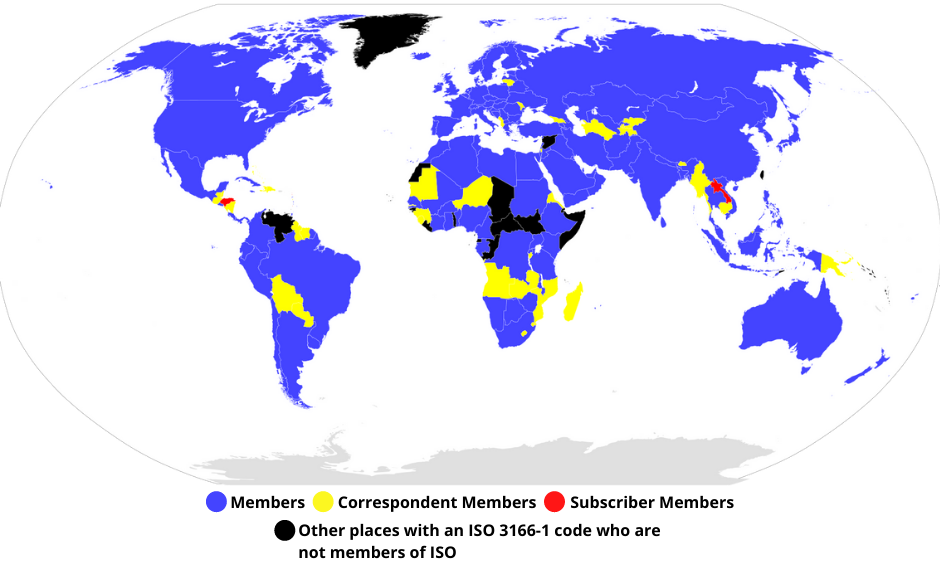
The International Organization for Standardization (ISO) is a non-governmental international organization established in 1947, based in Geneva, Switzerland, with a membership of 167 national standards bodies.
The organization’s abbreviated name—ISO—is not an acronym. The organization decided to call it ISO to avoid the assortment of abbreviations that would result from the translation of “International Organization for Standardization” into the different national languages of its members. The name ISO is derived from the ancient Greek word ísos, meaning equal or equivalent.
ISO members are national standards organizations that collaborate in the development and promotion of international standards for technology, scientific testing processes, working conditions, societal issues, and more.
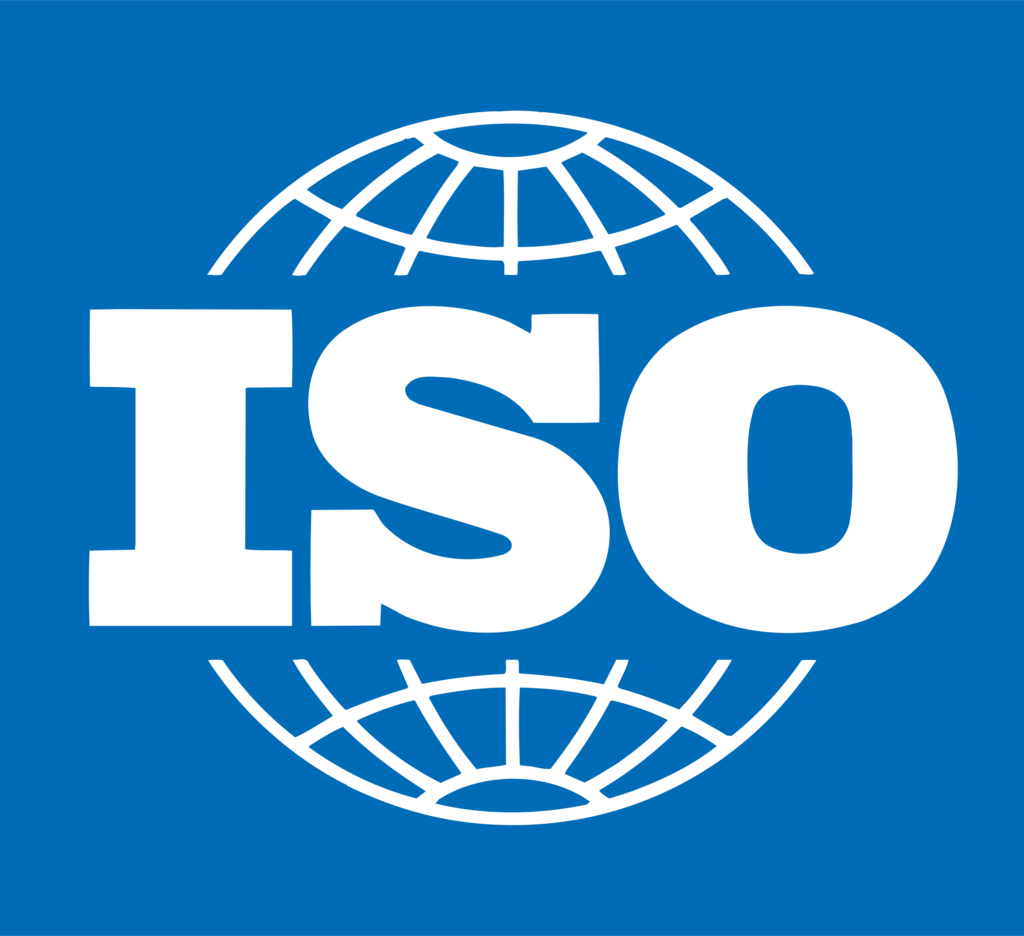
What is ISO 9001:2015?
ISO 9001:2015 is defined as the international standard that specifies requirements for a QMS. It provides a framework and set of principles that ensure a common approach to the management of the organization.
Organizations use this standard to demonstrate the ability to consistently provide products and services that meet customer and regulatory requirements. The ISO 9000 family is the world’s best-known quality management standard for companies and organizations of any size.
Understanding the Requirements of ISO 9001:2015
The Seven Management Principles
This International Standard is based on the seven quality management principles described in ISO 9000.
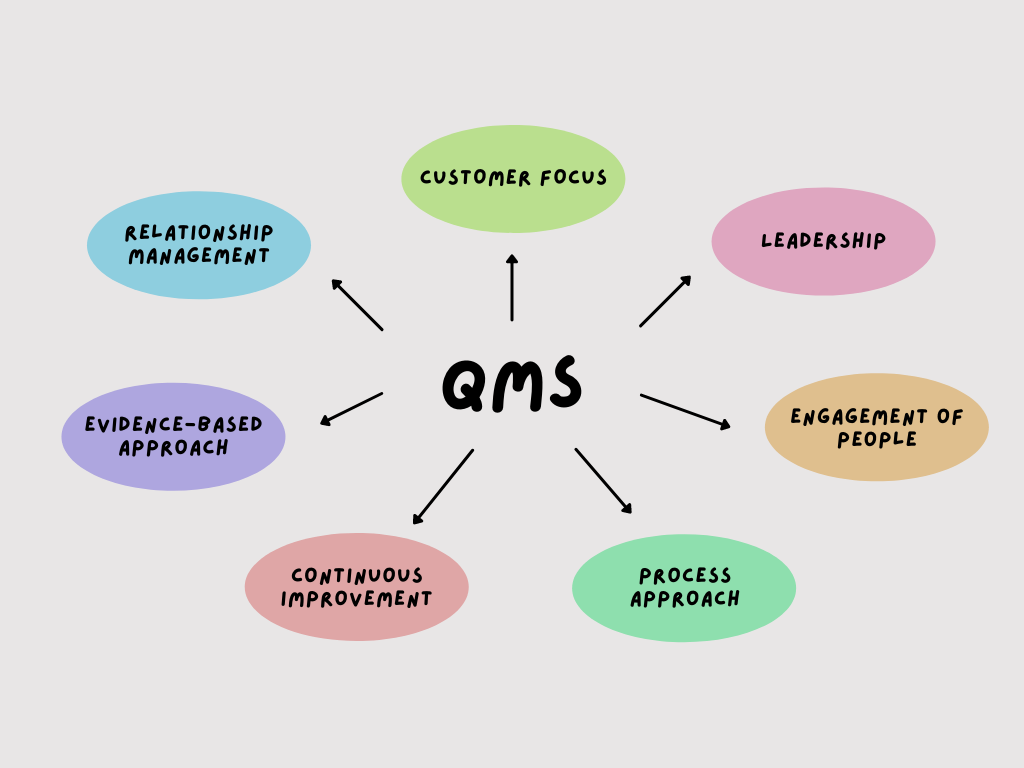
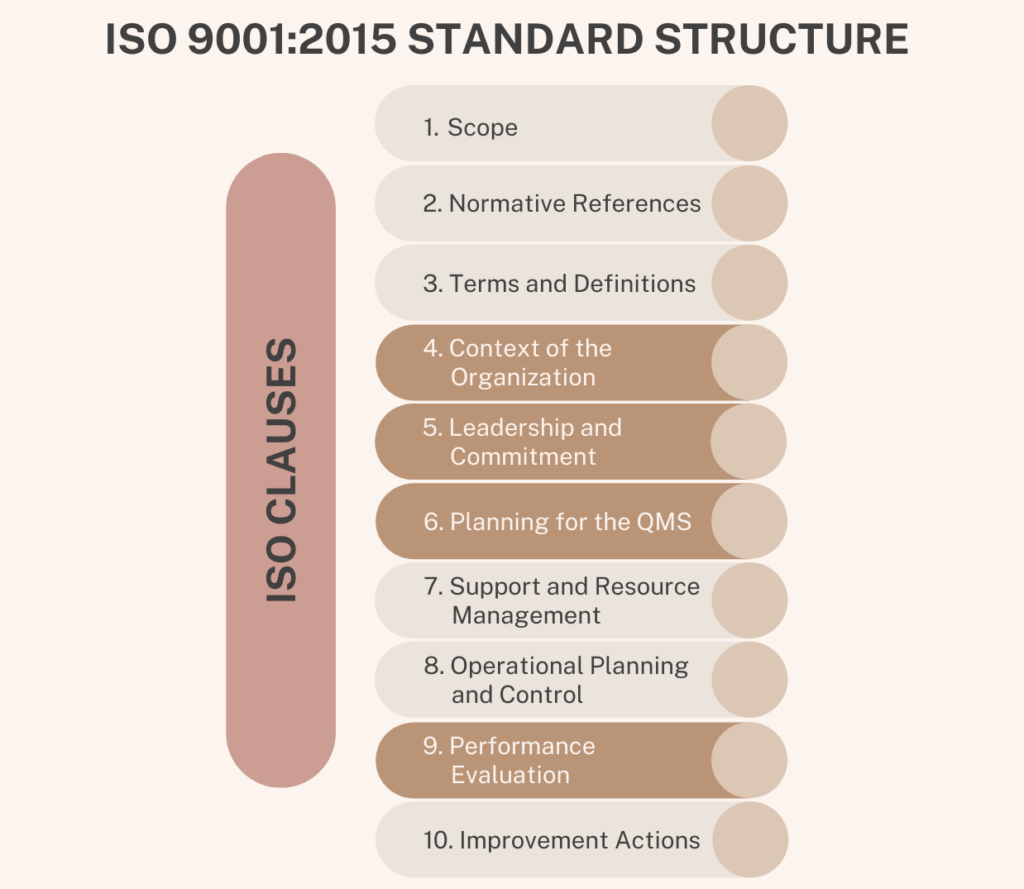
ISO 9001 Standard Structure
The ISO 9001 is the world’s most popular and most commonly used standards for Quality Management System (QMS). It is used by organizations to consistently provide good management practices and focuses on meeting customer and regulatory requirements.
How does ISO 9001 work?
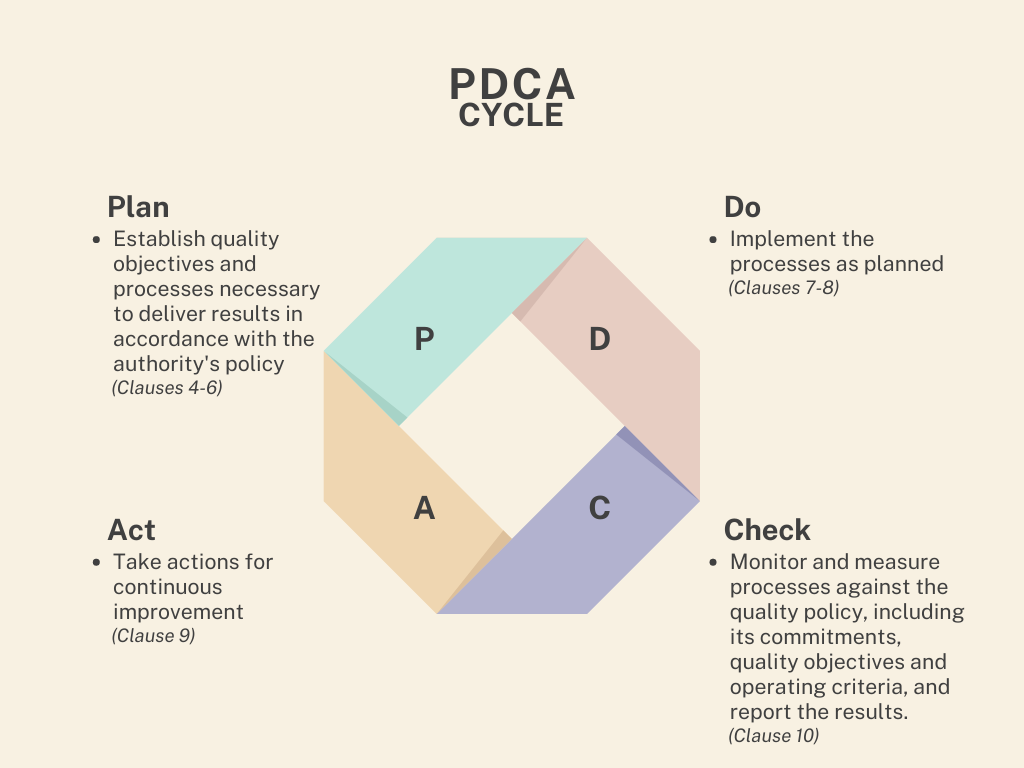

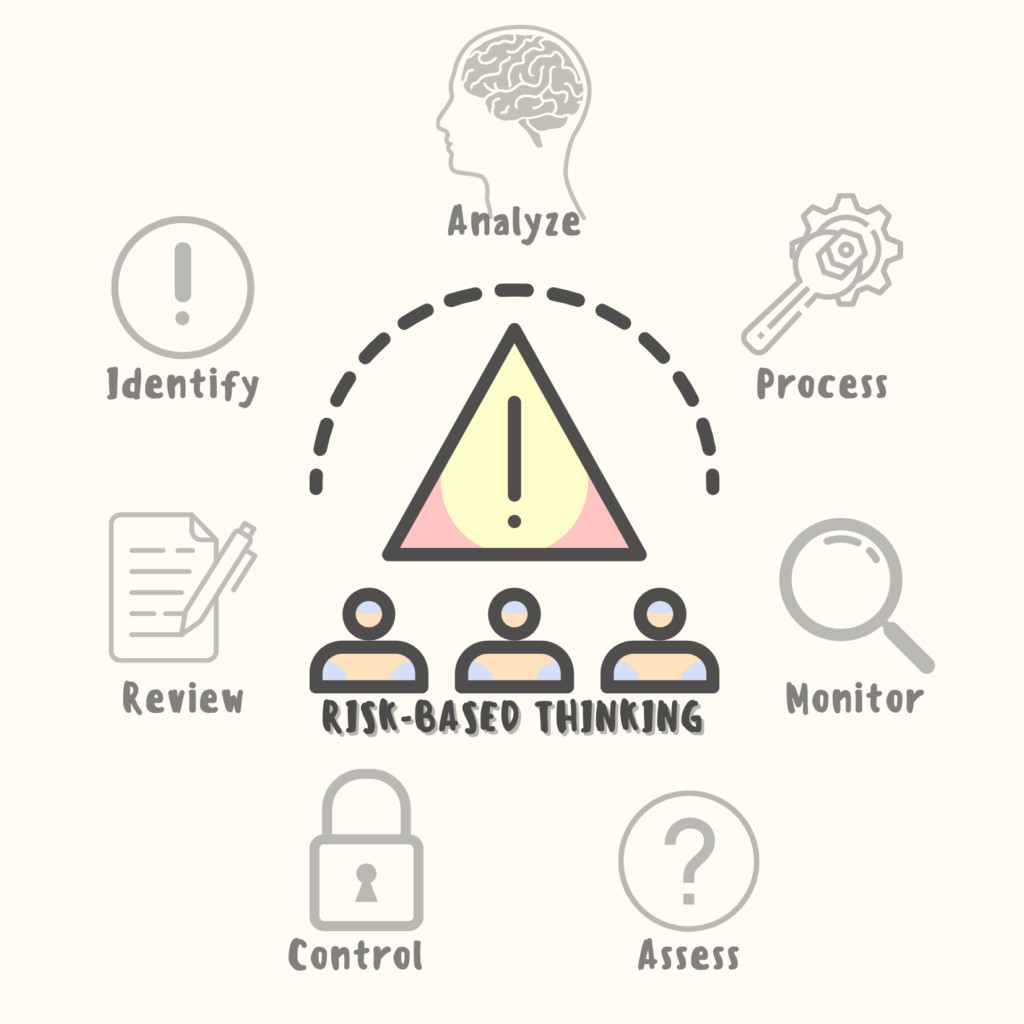
Risk-based Thinking
Risk-based Thinking is about determining internal and external risks and how they should be addressed when developing processes to improve outputs and mitigate against undesirable outcomes.
Process Approach
The Process Approach includes establishing these processes to operate as integrated and unified systems and can be applied to any organization and any management system regardless of type, size, or complexity.

Definition of Terms
This is a list of all of ISO’s quality management definitions translated into plain English to make them easier to understand. These definitions are based not only on ISO’s official definitions but also on how ISO 9001 uses these terms.